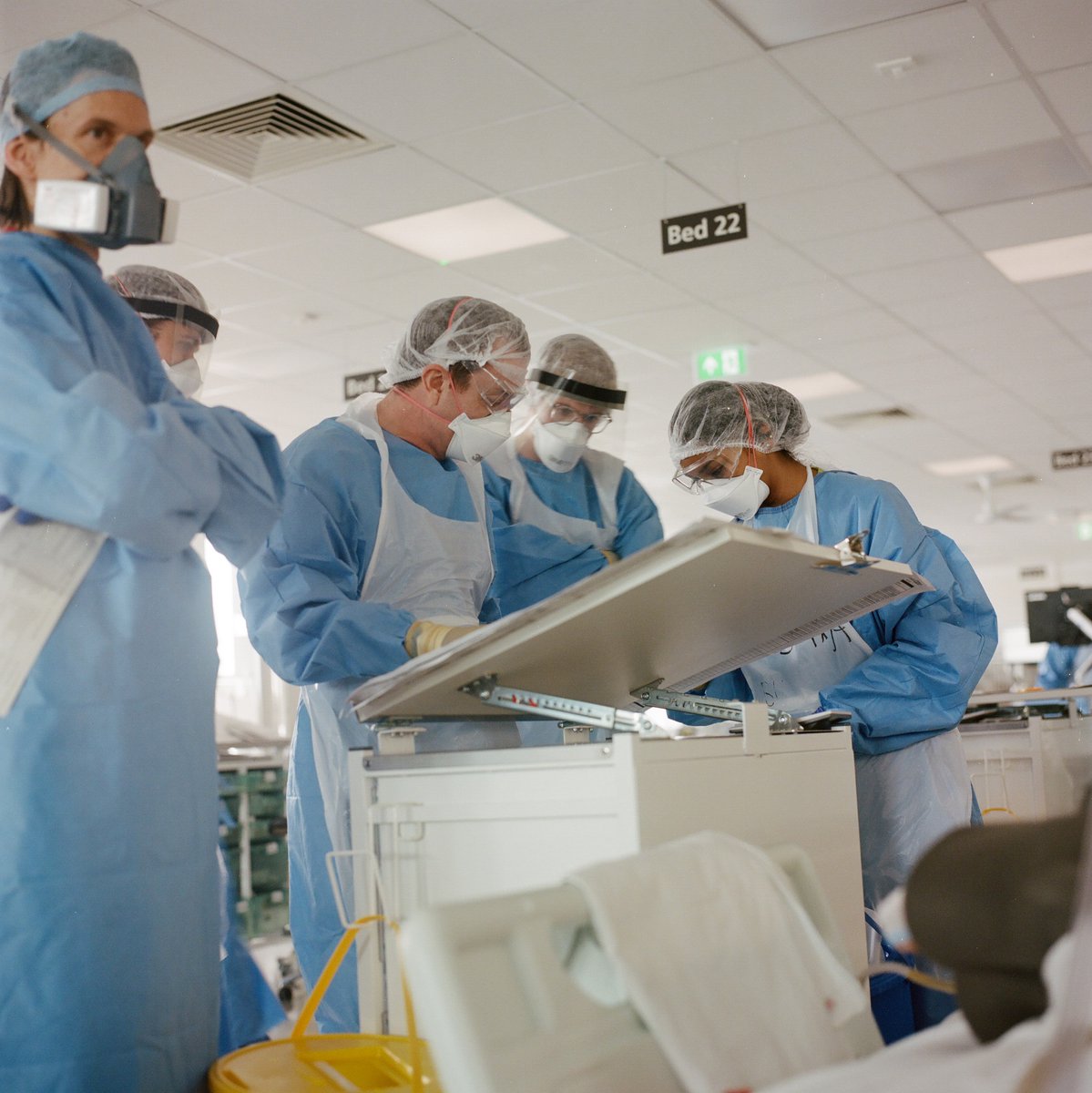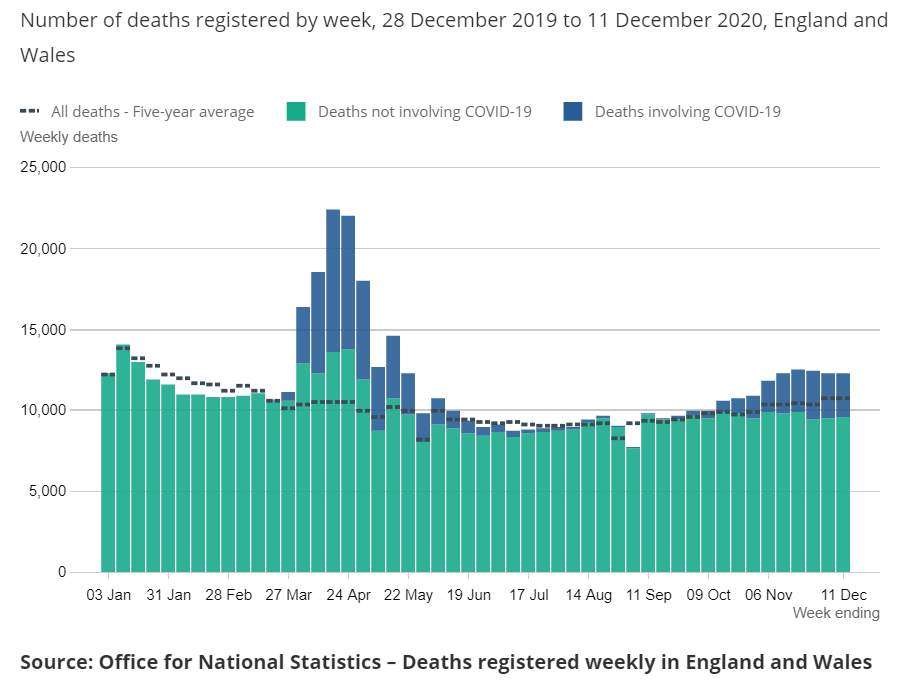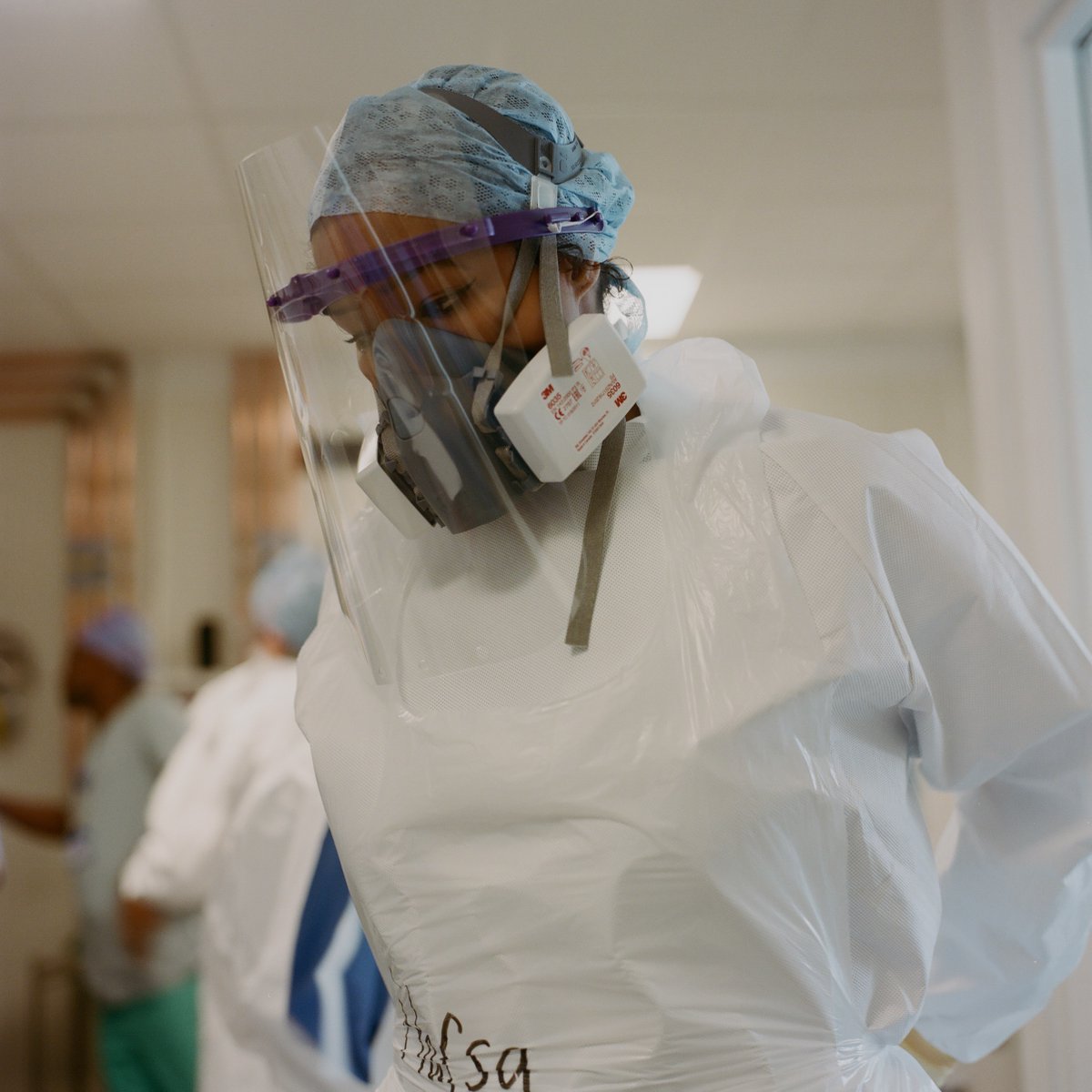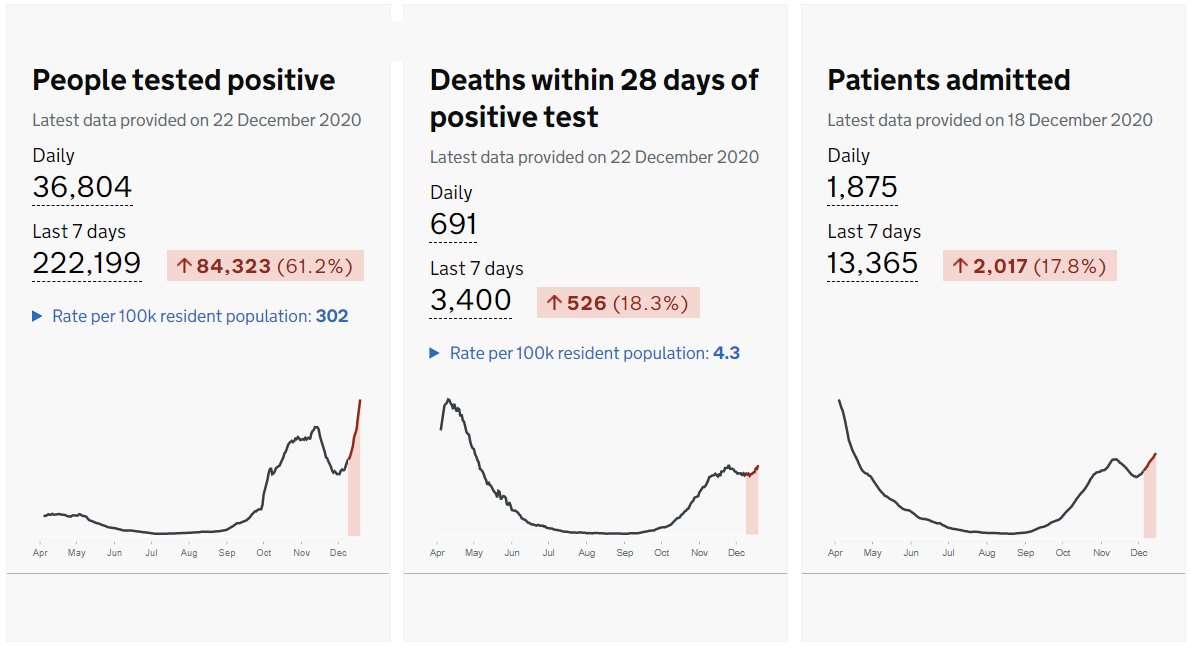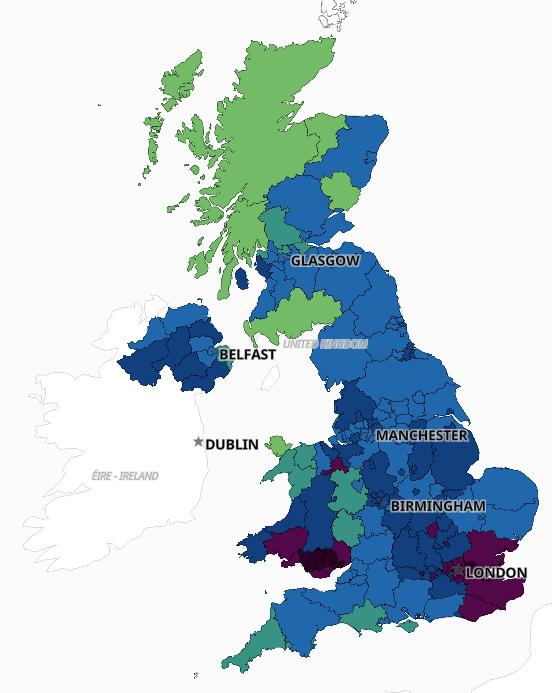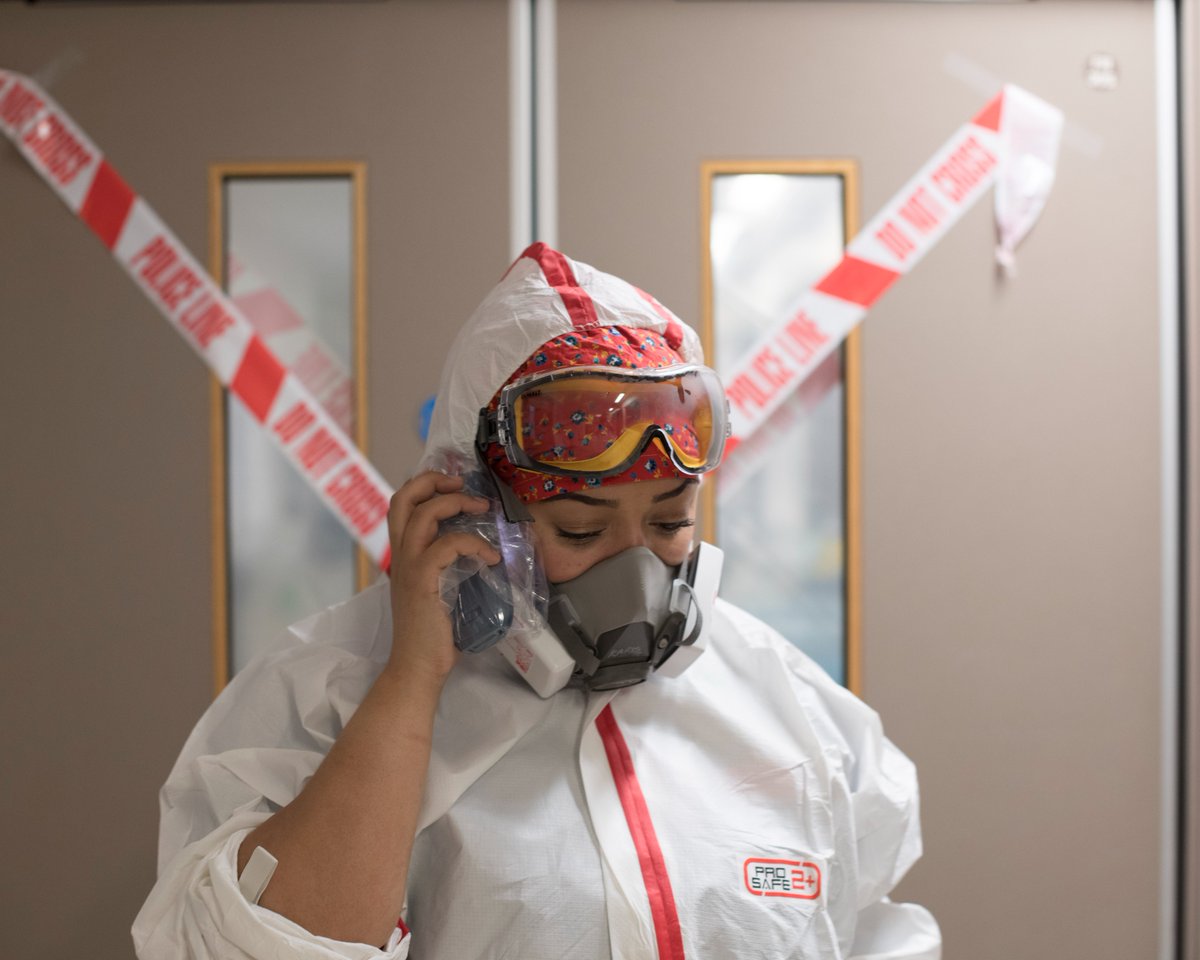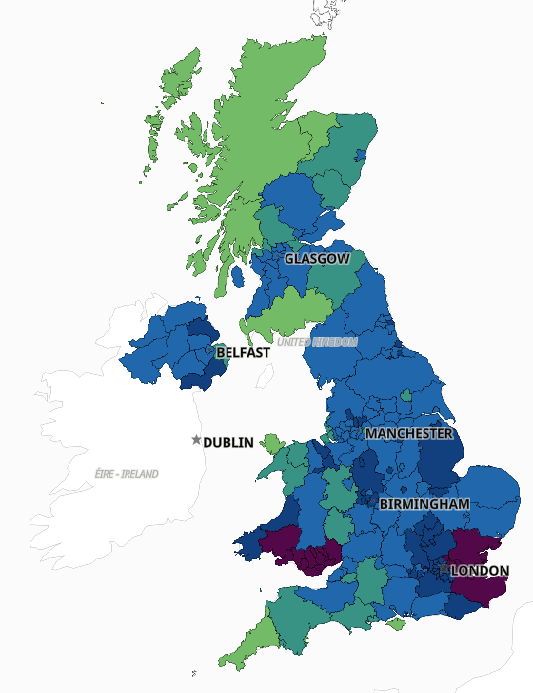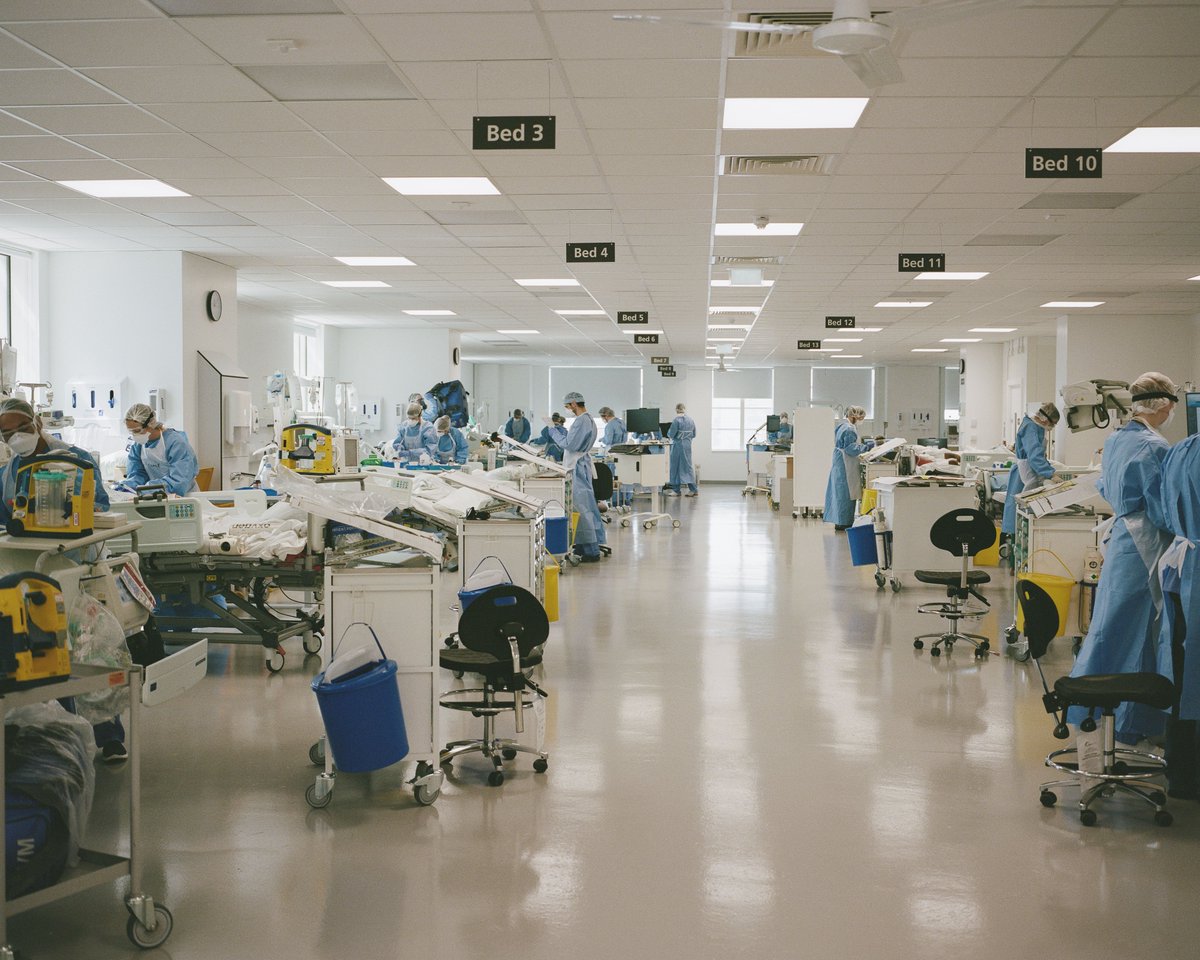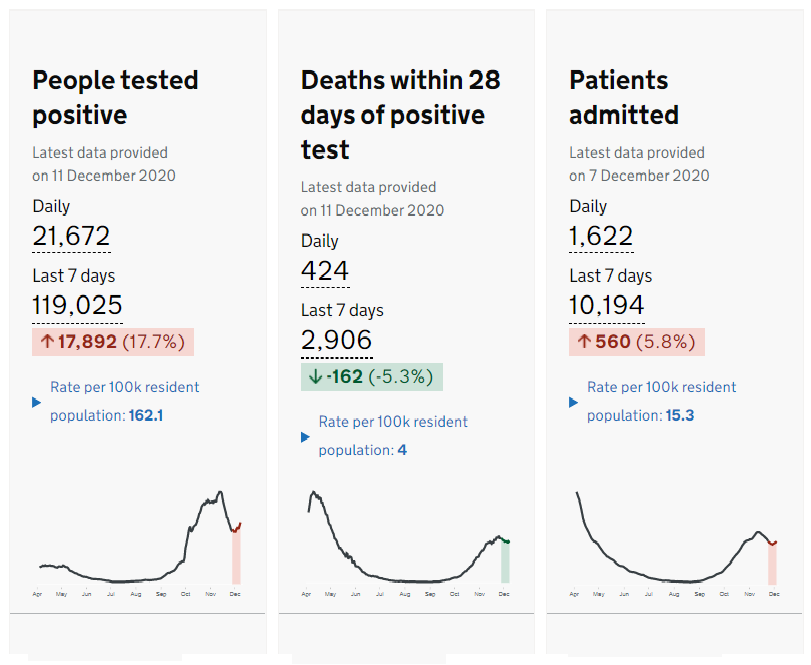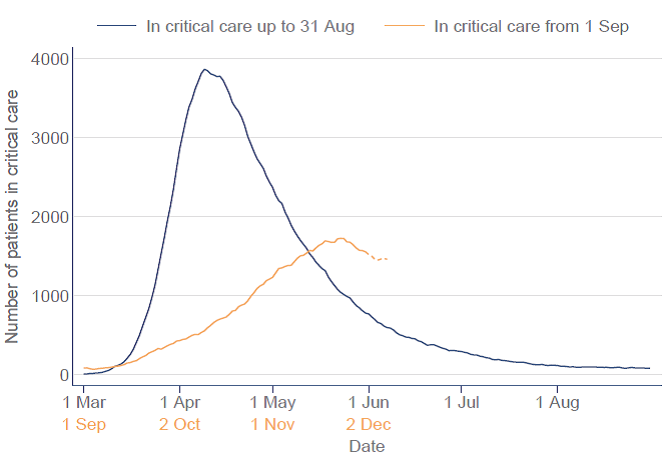
The vaccine conversation took an unexpected turn this week with the decision to prioritise first doses for people who haven't been vaccinated over second doses for those who have. Staff who all year have worked in COVID zones are now preoccupied with their immunity status. 1/8
This has turned out to be a very emotive issue for NHS staff. The topic has split us along invisible fault lines. In some cases, our position in the vaccination queue (and that of people we care about) seems to define our views on the science. 2/8
I'm not expert in the science but listening to those who are, delaying the second dose seems a legitimate thing to debate. Technical discussion revolves around how long the 2nd dose could be delayed and how much difference this might make make, as opposed to a binary debate. 3/8
Of course this is the expert opinion of medical scientists based on their understanding of how vaccines work. It isn't scientific observation from a clinical trial. But I was still surprised when this was translated to 'The science doesn't prove delayed 2nd doses still work'. 4/8
This is the thorniest of ethical debates which could almost replace the balloon debate as the classic moral dilemma in the school classroom. We all need to realise this means there is NO one right answer. 5/8
NHS organisations will need to implement the government guidance, and as always that means a local policy for local situations. Leaders in many NHS organisations are struggling with this moral dilemma as we speak. 6/8
So my plea to NHS colleagues is please don't let this divide us. Every view is valid but decisions have to be made sooner or later. Your health still matters and the health of those you care about still matters. Policy decisions will never change that. 7/8
My context: I have had the first dose but not the second. I would happily delay my second dose for someone I have never met to have their first. But if it was a vaccine dose for one of my loved ones, that choice suddenly gets much much harder... 💙 8/8
• • •
Missing some Tweet in this thread? You can try to
force a refresh





